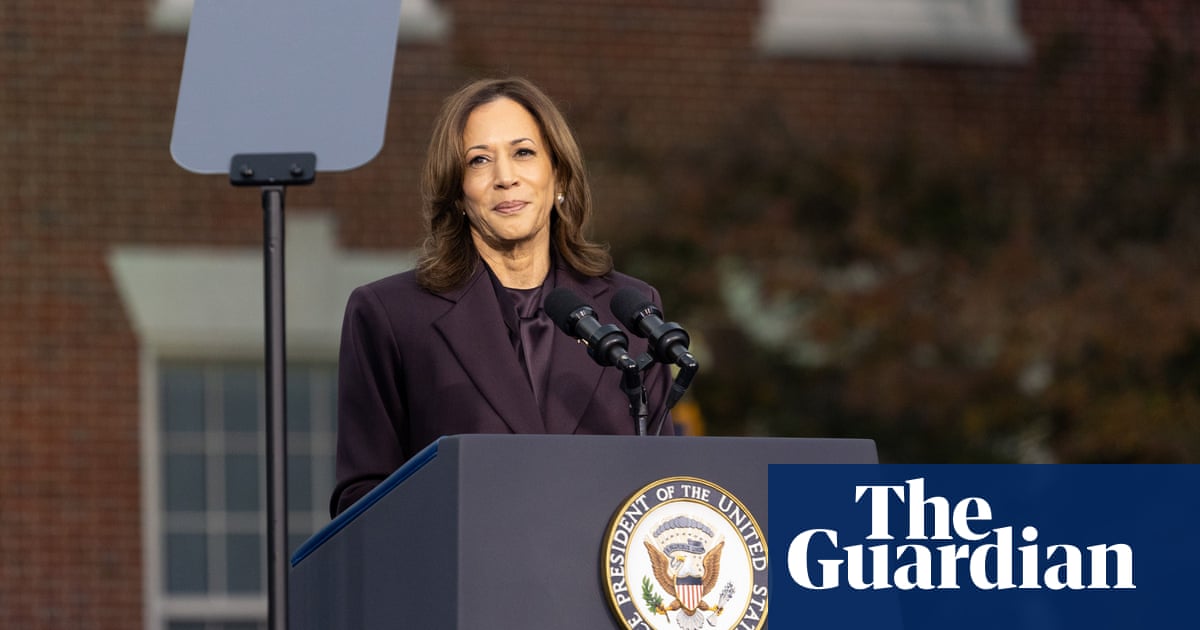Summary
Kamala Harris’s presidential campaign failed to connect with low-income workers due to a perceived lack of listening, according to AFL-CIO, the largest federation of labor unions in the US.
While union members largely supported Harris, many low-income voters backed Trump, swayed by his messaging on economic insecurity.
Despite Biden’s pro-labor policies, including infrastructure investments, the AFL-CIO now faces challenges under a likely Trump presidency.
AFL-CIO emphasized labor unions’ resilience and commitment to fighting rollbacks while advancing organizing efforts.
With public approval for unions at a near 60-year high, the labor movement plans both defensive and offensive strategies to protect workers.



I wouldn’t say Trump stayed on message, but he included it enough in the insane rambling.
The problem is that Harris was from the incumbent party and administration at a time of deep dissatisfaction with the economy. That’s an extremely difficult position to be in, and it’s made all the worse for her because as VP she gets all the blame by association but can’t really do much personally to adjust policy. She’s handcuffed to the status quo at a time when the vast majority want change.
Biden and Harris both chose to try to defend the status quo and spin things as more positive. This waa a mistake. I don’t know if they would have won by acknowledging the problems and portraying this as them leading through a time of crisis, and how they have plans to get us through, but it probably would have had a much better chance.
It also didn’t help that most of the things they did to address the economic woes were either indirect or only narrowly targeted (or canceled out by courts). News that a factory will eventually open and add jobs in one area doesn’t alleviate the concerns of the vast majority of voters, nor does processing student loan forgiveness for a few thousand people at a time under very specific programs. These things are good, but they don’t make most people feel better the way a more broadly applicable benefit would.